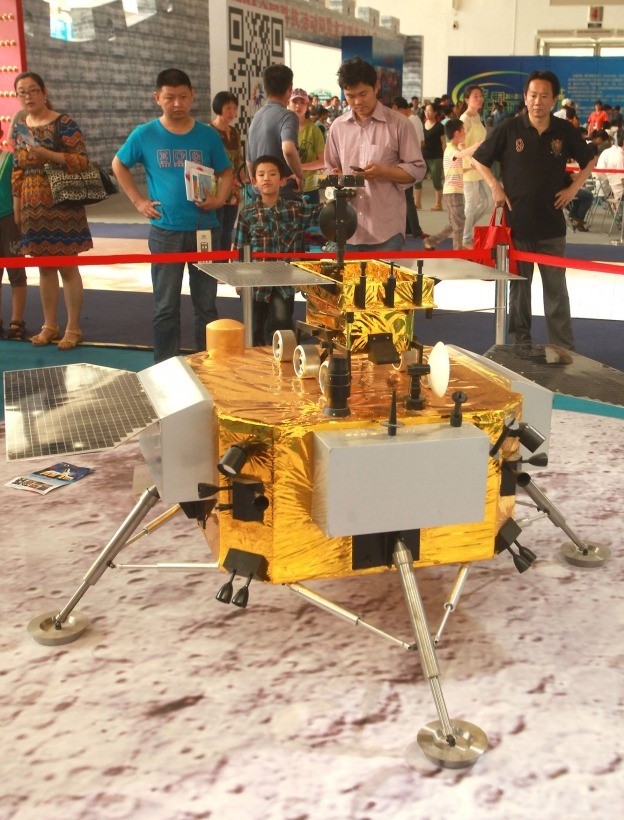ORLANDO, Fla., Oct. 13 (UPI) — Eight nations have signed NASA’s new framework to govern lunar exploration missions, the agency’s administrator, Jim Bridenstine, announced Tuesday.
By signing the agreement, the eight nations commit to peaceful activities on the moon and in travel to the moon.
Provisions in the Artemis Accords stipulate that nations, and private companies in those nations, will openly disclose plans for lunar missions, and mine resources on the moon in accordance with the international Outer Space Treaty that dates to 1967.
The accords also commit signing nations to render aid to other nations on the moon if necessary, to minimize space debris and to register all objects taken to the lunar surface.
In addition to the United States, Australia, Canada, Italy, Japan, Luxembourg, United Arab Emirates and Britain signed the Artemis Accords.
“We are one human race and we are in this together. The Accords help us to work together to benefit all,” Sarah Al Amiri, chair of the United Arab Emirates Council of Scientists, said in a live broadcast Tuesday.
Bridenstine had said in a press conference Monday that more nations are expected to sign the accords this year, and that he hopes all nations eventually will.
“As NASA, we always try to be very transparent and what our plans and policies are, and we think it’s good for all nations to be transparent with their plans,” Bridenstine said.
The new agreement comes as NASA plans to return astronauts to the moon in 2024, with further plans to establish a lunar base to tap water ice for possible long-term habitation.
NASA officials on Monday acknowledged they didn’t approach all space-faring nations in drafting the accords because the agency wanted to move quickly. NASA sought a few nations believed to have common values, said Mike Gold, associate administrator for NASA’s Office of International and Interagency Relations.
“We wanted to begin with a group substantive and large enough to make an impact,” Gold said. “It’s very challenging to do that with too large a group. Now that the text of the accords have been finalized we can broaden the coalition.”
Bridenstine said NASA couldn’t approach China, which already has landed two robotic missions on the moon, because federal law prohibits negotiations with China.
When asked how the accords would be enforced, Bridenstine said the intent of the agreement is to pre-empt conflict by being transparent.
“If one of the participants chooses to disregard the guidance, other participants … ultimately could be asked to leave the Artemis program, but I would hope that they will come to a better resolution,” Bridenstine said.

COMMENTS
Please let us know if you're having issues with commenting.